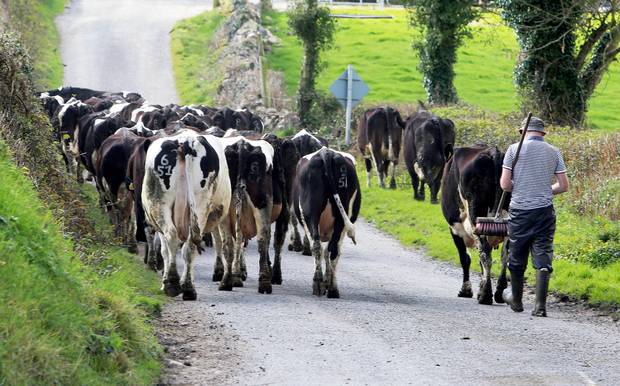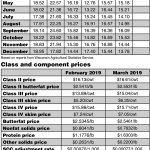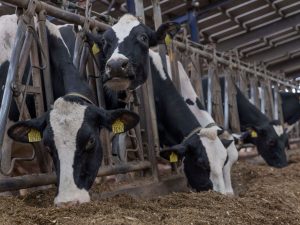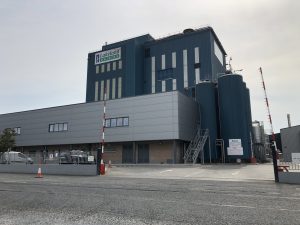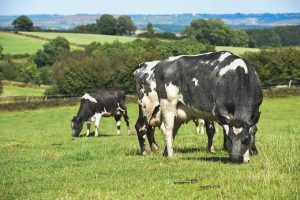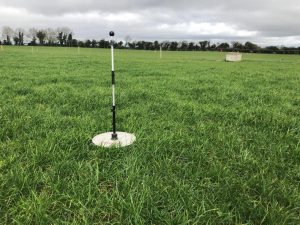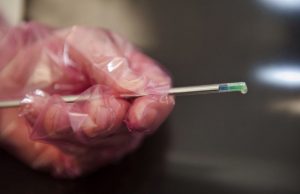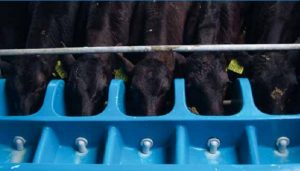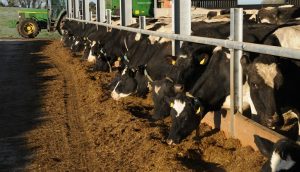
Official figures for the opening three months have yet to be compiled but processors report exceptionally strong growth in output.
First quarter milk supplies at Glanbia were 12pc ahead of last year, while Lakelands was 13pc up on 2018. However, March deliveries at Lakelands were 15pc higher than in 2018.
Weekly milk supplies at Dairygold are running 15pc ahead of 2018 and intakes at the co-op are 5pc up on last year for the first quarter.
At Arrabawn, weekly deliveries are 20pc ahead of last year, while Kerry is just 1.2pc ahead of 2019. National milk output exceeded 7.5bn litres in 2018 and growth of just 6pc would be enough to top 8bn litres this year.
However, a number of processors cautioned that the supply growth seen in the first quarter might not be sustained through the year as milk output between January and March in 2018 was badly affected by poor spring weather and Storm Emma.
Teagasc dairy specialist George Ramsbottom said milk supplies were currently running well ahead of other years. But he warned that conditions could change radically as the year progressed.
Mr Ramsbottom said farmers were reporting unprecedented milk yields for the early part of the year, despite the delayed start to calving.
“The volumes being produced at the moment are quite substantial and will probably peak earlier due to favourable weather in February and early March,” he said.
Mr Ramsbottom said that while grass growth rates had dropped back over the past week, some farms were still struggling to get covers grazed.
Meanwhile, Ornua’s Joe Collins warned of “mixed signals” currently coming from the marketplace.
“Milk is expected to push on; we are probably seeing that more so in the UK and Ireland in the last few weeks, but also in places like Poland. Europe looks like milk production, after being flat for the last six months, will push on,” said Mr Collins.
Peak period
“The key thing we will watch over the next few months is European milk production, particularly over the April to August period, which is the flush or peak period.”
However, Ger Quain of ICMSA claimed there was scope in the current market returns to deliver higher prices to dairy farmers.
Mr Quain called on milk processors to at least pay the Ornua PPI milk price equivalent of 32.2c/l (including VAT) for March supplies.
“The fundamentals of the market are solid. Global supply growth is running at its lowest levels for a number of years and the GDT was up again, the ninth consecutive increase,” he said.
While accepting that Brexit had acted as a “drag” on milk prices, he said processors and retailers could not protect their own margins by curtailing returns to farmers.
“Milk processors in other EU member states are equally exposed to Brexit and they haven’t been fit to cut their milk price as a precaution,” Mr Quain pointed out.
Deliveries running at up to 20pc ahead of 2018 but Ornua warn of ‘mixed’ market signals
Indo Farming
